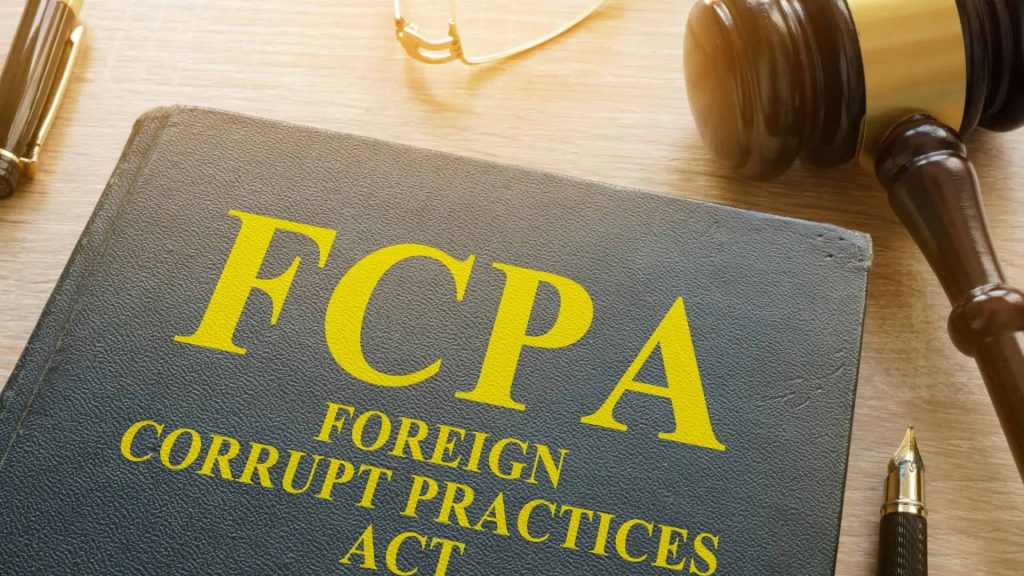Trump Halts Anti-Bribery Law, Sparks Global Uproar
In a shocking move, President Donald Trump has slammed the brakes on enforcing the Foreign Corrupt Practices Act (FCPA)—a decades-old law designed to crack down on bribery in international business. The executive order, issued on February 10, 2025, effectively freezes all new FCPA investigations and puts ongoing cases under review, igniting fierce debate over the future of corporate accountability.

What’s the FCPA Anyway?
Since 1977, the FCPA has been America’s frontline defense against corruption, making it illegal for U.S. companies and individuals to bribe foreign officials for business deals. Companies caught breaking the rules face massive fines, criminal charges, and public disgrace. Just last year, aerospace giant RTX (formerly Raytheon) coughed up $300 million after being accused of bribing Qatari officials, and Walmart paid $282 million in 2019 for shady deals in Mexico, India, and Brazil.
Why the Sudden Freeze?
Trump’s executive order claims FCPA enforcement has gone too far, punishing U.S. businesses for “routine” international dealings and giving foreign competitors the upper hand. The order argues that the law wastes resources, hurts American competitiveness, and even jeopardizes national security.
Under the order, the Attorney General must pause all new FCPA investigations unless given special approval. Existing cases will be reevaluated, and new guidelines will be drafted to shift focus toward economic growth and Trump’s foreign policy agenda. The halt is set for 180 days but could be extended another six months, leaving enforcement in limbo.
Global Fallout
The decision has sent shockwaves through the business world, with critics warning that U.S. companies could now run wild with bribery, erasing decades of progress in corporate ethics. The FCPA has inspired major anti-bribery laws worldwide, like the UK’s Bribery Act, France’s Sapin II, and Brazil’s Clean Company Act.
More recently, the U.S. passed the Foreign Extortion Prevention Act (FEPA), which targets corrupt foreign officials who demand bribes. But with the FCPA on ice, experts fear loopholes and legal chaos could follow.
Winners and Losers
Big business is celebrating, arguing that the FCPA has crippled American companies while rivals in China and Russia continue bribing their way to success without consequences. Supporters say this pause levels the playing field and prevents companies from being unfairly prosecuted for minor infractions.
On the flip side, critics are sounding the alarm, predicting a surge in corporate corruption and a global hit to America’s reputation. With no clear enforcement strategy in sight, some fear the U.S. could become a safe haven for bribery and white-collar crime.
What’s Next?
Will this pause turn into a permanent gutting of the FCPA, or will the administration roll out new rules? The business world is watching closely, as this decision could reshape global trade and corporate ethics for years to come.
